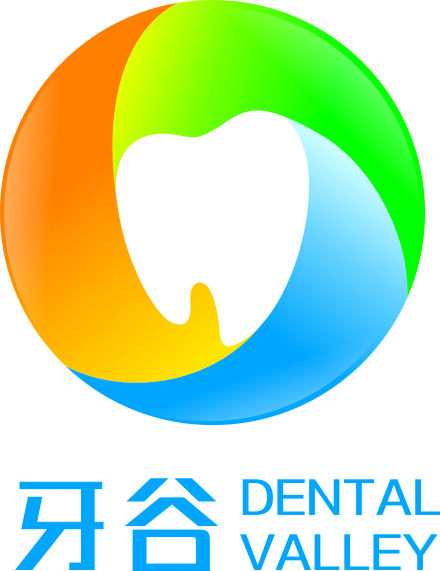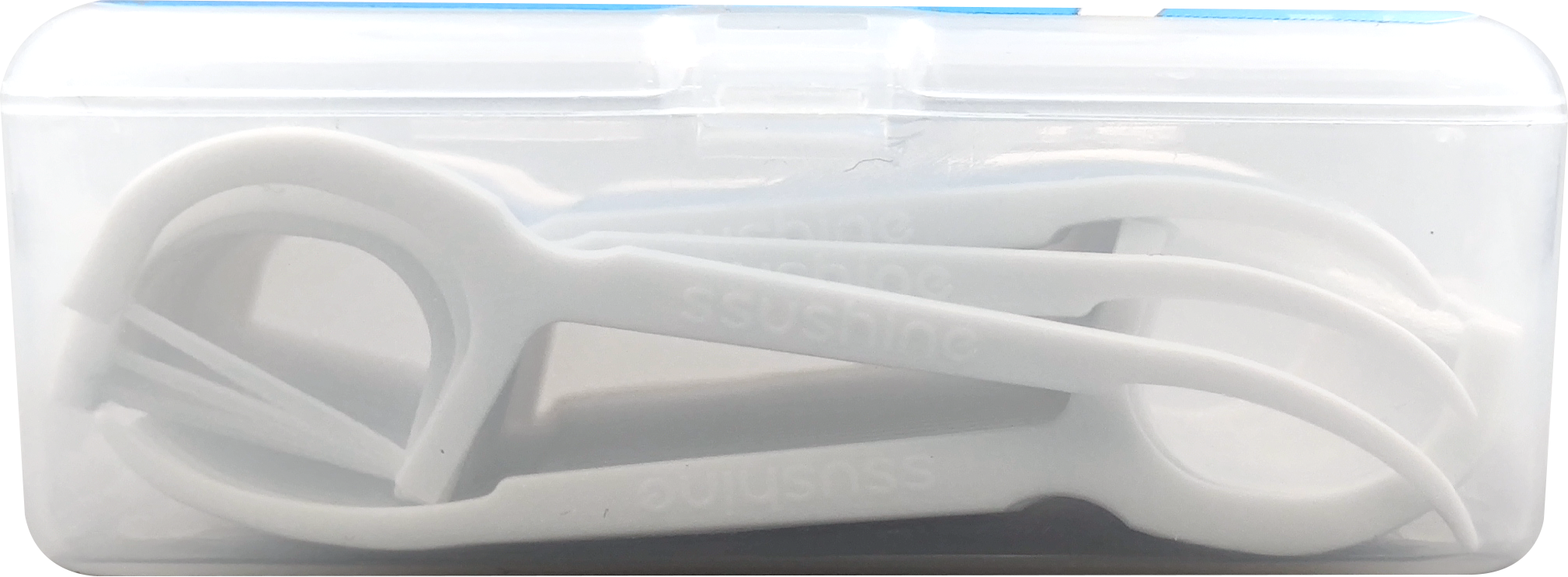Understanding the Distinction Between Professional and Home-Based Dental Solutions
The world of oral care encompasses two essential domains that work together to maintain optimal dental health. While daily home dental routines form the foundation of good oral hygiene, professional oral care services provide specialized expertise and advanced treatments that can't be replicated at home. This comprehensive guide explores the crucial differences between professional and home-based oral care approaches, helping you understand why both are vital for maintaining a healthy smile.
Many people believe that diligent brushing and flossing at home is sufficient for maintaining dental health. However, professional oral care offers specialized treatments, advanced tools, and expert knowledge that complement your daily routine. Understanding these differences helps create a more effective overall dental health strategy.
The Professional Oral Care Experience
Advanced Equipment and Technology
Professional dental offices are equipped with sophisticated tools and technology that deliver superior cleaning and diagnostic capabilities. These include digital X-ray machines, intraoral cameras, ultrasonic scalers, and professional-grade polishing equipment. Such advanced technology allows dentists to detect and address oral health issues that might go unnoticed during home care routines.
Modern dental practices also utilize specialized lighting systems, magnification tools, and precision instruments that enable thorough examination and treatment of all oral surfaces. These tools help professionals provide comprehensive oral care services that go far beyond what's achievable with home dental products.
Expertise and Specialized Treatments
Dental professionals undergo years of training to develop the skills needed for providing comprehensive oral care. They can perform deep cleaning procedures, identify early signs of dental problems, and offer preventive treatments like fluoride applications and dental sealants. Their expertise allows them to spot potential issues before they become serious problems.
Professional oral care providers can also deliver specialized treatments such as root planing, periodontal therapy, and professional whitening services. These procedures require specific training and cannot be safely or effectively performed at home, regardless of the products available to consumers.
Essential Components of Home Oral Care
Daily Cleaning Routine
Home oral care forms the backbone of dental hygiene, requiring consistent daily practices to maintain oral health. A proper home care routine includes brushing at least twice daily with fluoride toothpaste, daily flossing, and possibly using an antimicrobial mouthwash. These practices help remove plaque, prevent cavities, and maintain fresh breath.
The effectiveness of home oral care largely depends on proper technique and consistency. Using the correct brushing motion, spending adequate time cleaning each section of the mouth, and maintaining proper pressure are crucial elements that contribute to successful home care outcomes.
Tools and Products for Home Use
The market offers numerous oral care products designed for home use, including manual and electric toothbrushes, dental floss varieties, water flossers, and specialized cleaning tools. While these products are essential for daily maintenance, they're designed for regular cleaning rather than deep professional treatment.
Selecting appropriate home care tools requires understanding your specific dental needs and preferences. Whether choosing soft-bristled brushes for sensitive gums or specialized flossing tools for dental work, the right equipment enhances the effectiveness of your home oral care routine.
The Synergy Between Professional and Home Oral Care
Complementary Benefits
Professional and home oral care work together to create a comprehensive dental health strategy. Regular professional cleanings remove stubborn buildup that home care can't address, while daily home maintenance prevents the rapid accumulation of plaque and tartar between professional visits. This partnership ensures optimal oral health outcomes.
Professional visits also provide opportunities for dental education, allowing patients to improve their home care techniques based on personalized advice from experts. This guidance helps maximize the effectiveness of daily oral care routines and promotes better long-term dental health.
Preventive Care Strategies
Both professional and home oral care play crucial roles in preventing dental problems. Professional examinations can detect early signs of issues like cavities, gum disease, or oral cancer, while consistent home care helps prevent these problems from developing in the first place. This dual approach to prevention is more effective than either method alone.
Regular professional check-ups combined with proper home care create a strong foundation for maintaining oral health and preventing serious dental issues. This preventive approach often proves more cost-effective and less painful than treating advanced dental problems.
Frequently Asked Questions
How Often Should I Schedule Professional Oral Care Visits?
Most dental professionals recommend scheduling check-ups and cleanings every six months for individuals with good oral health. However, some people may need more frequent visits based on their specific dental conditions, risk factors, or ongoing treatments.
Can Professional Oral Care Replace Good Home Care Habits?
No, professional oral care cannot substitute for daily home dental hygiene. Both are essential components of a complete oral health strategy. Professional treatments complement and enhance the effects of consistent home care routines.
What Makes Professional Cleaning Different from Brushing at Home?
Professional cleaning utilizes specialized tools and techniques to remove hardened tartar, reach difficult areas, and provide deep cleaning below the gum line. These procedures require professional training and equipment not available for home use, making them fundamentally different from regular brushing and flossing.

